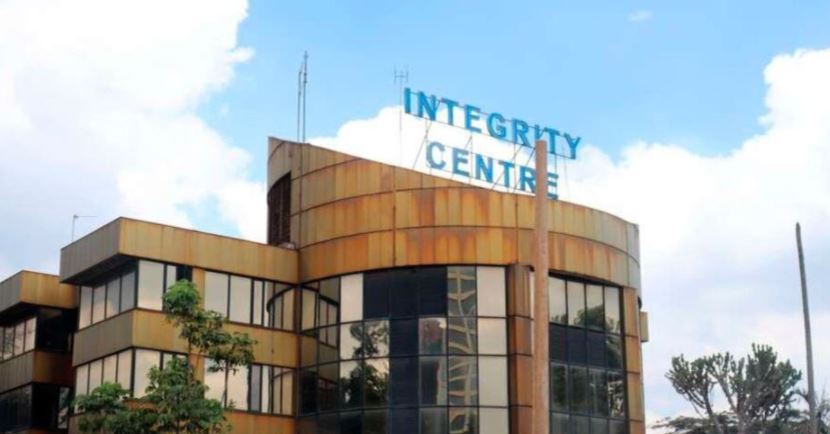 The government is re-engineering the National Youth Service to enhance its capacity and productivity.
The government is re-engineering the National Youth Service to enhance its capacity and productivity.
President William Ruto said NYS has adopted a fresh approach that will transform it into a financially sustainable and self-reliant institution.
The NYS, he observed, has adopted a business model that will not only generate revenues to sustain its programmes but also test its outputs in the marketplace to constantly improve its relevance and competitiveness.
The goal, he added, is to ensure the institution has the capacity to enroll up to 100,000 youth annually and equip them with the relevant skills to power the Bottom-Up Empowerment Transformation Agenda (BETA).
He cited the affordable housing, infrastructure projects and food production as some of the key programmes the youth will support.
“Thanks to the dynamism of the NYS, the graduates of this institution are much admired as effective workers in every field, from agriculture to national security and administration, as well as building and construction, research, development and innovation,” he said.
He made the remarks during the 87th pass-out parade of the National Youth Service Recruits in Gilgil, Nakuru County.
Present were Public Service Cabinet Secretary Moses Kuria, Nakuru Governor Susan Kihika, MPs and MCAs among others.
The President said the government will increase the salaries of NYS servicemen and women to improve their welfare.
The National Security Council, he explained, has resolved that most of all recruitments in the security agencies will come from the NYS.
President Ruto said as the government pursues the export of labour to expand opportunities for the youth, NYS will be made the central organisation for pre-deployment training.
“This will help Kenyans to understand what they need to do when they go abroad to work,” he added.
The Head of State said the government will spend KES 7.5 billion on the modernisation of the institution’s agricultural equipment to enhance its productivity.
The President observed that the re-engineering blueprint is bearing fruit.
“The service has already expanded the acreage under food cultivation to support the food and nutrition security component of our agenda, from 1,600 to 2,500,” he said.
-PCS









